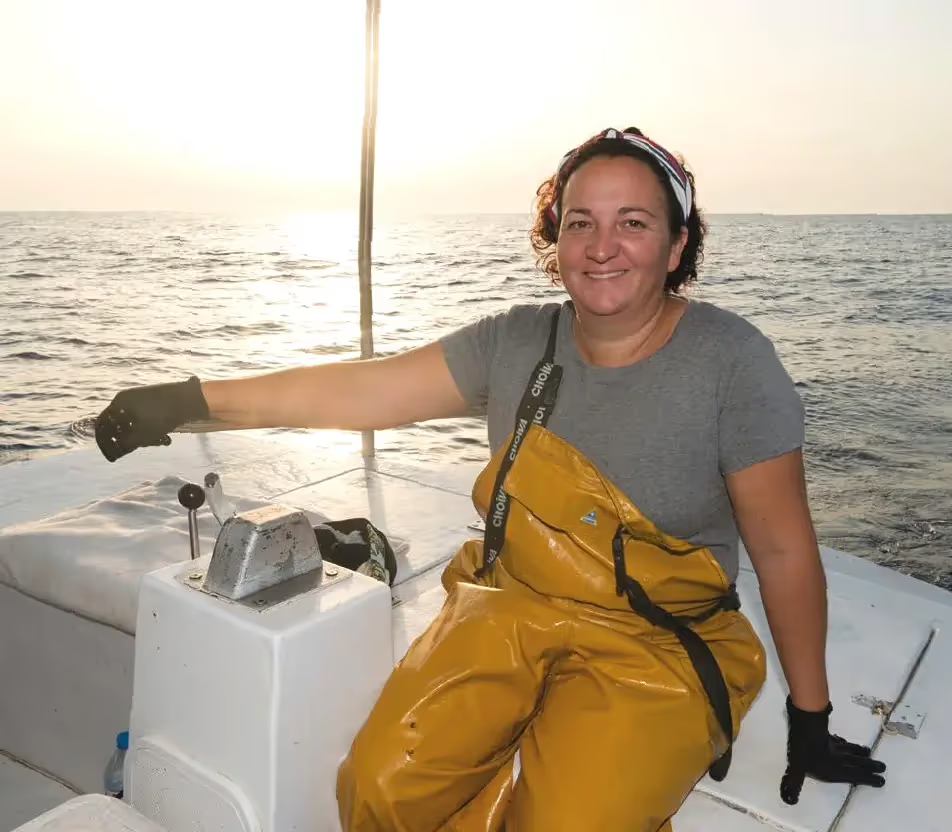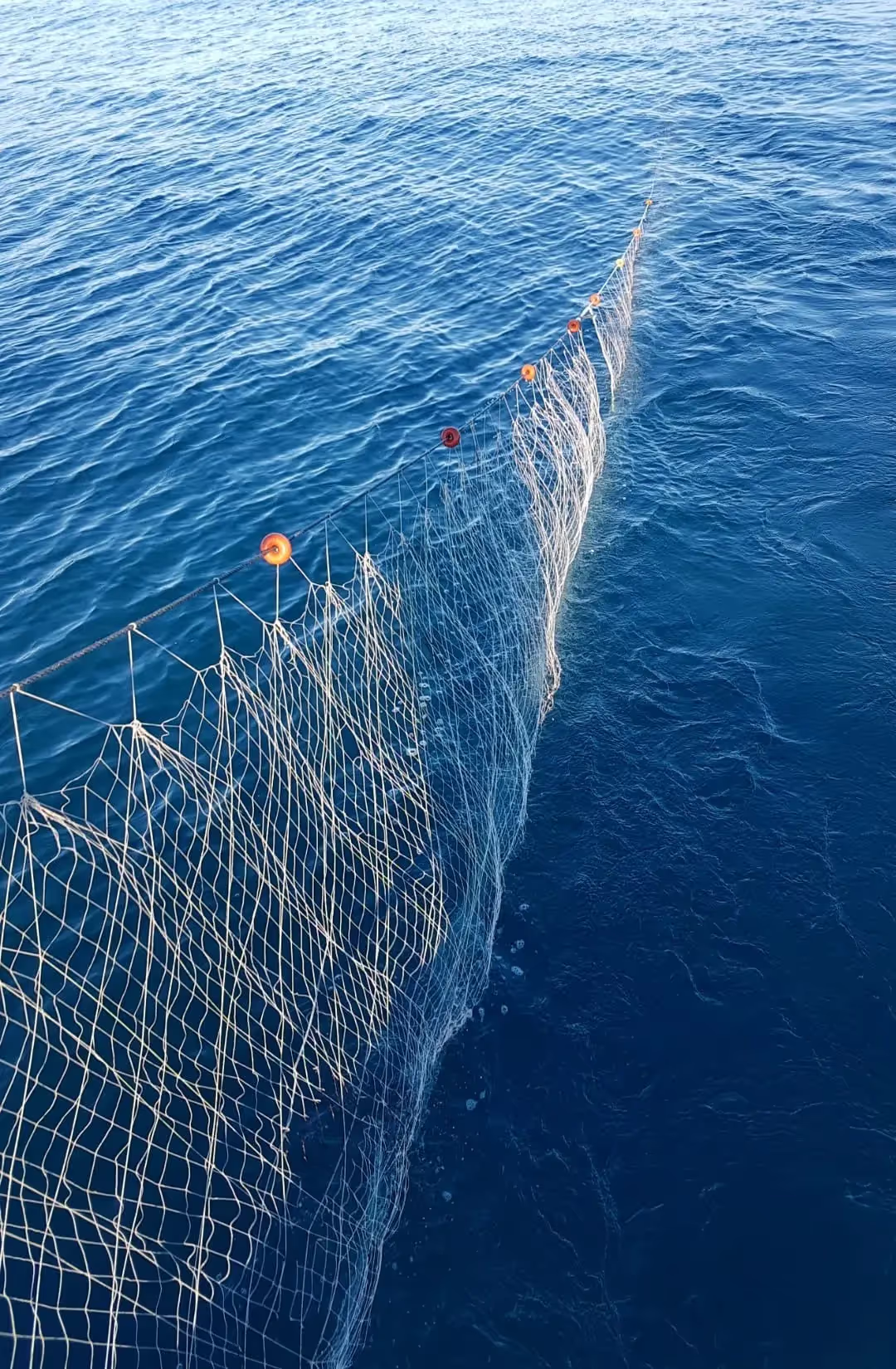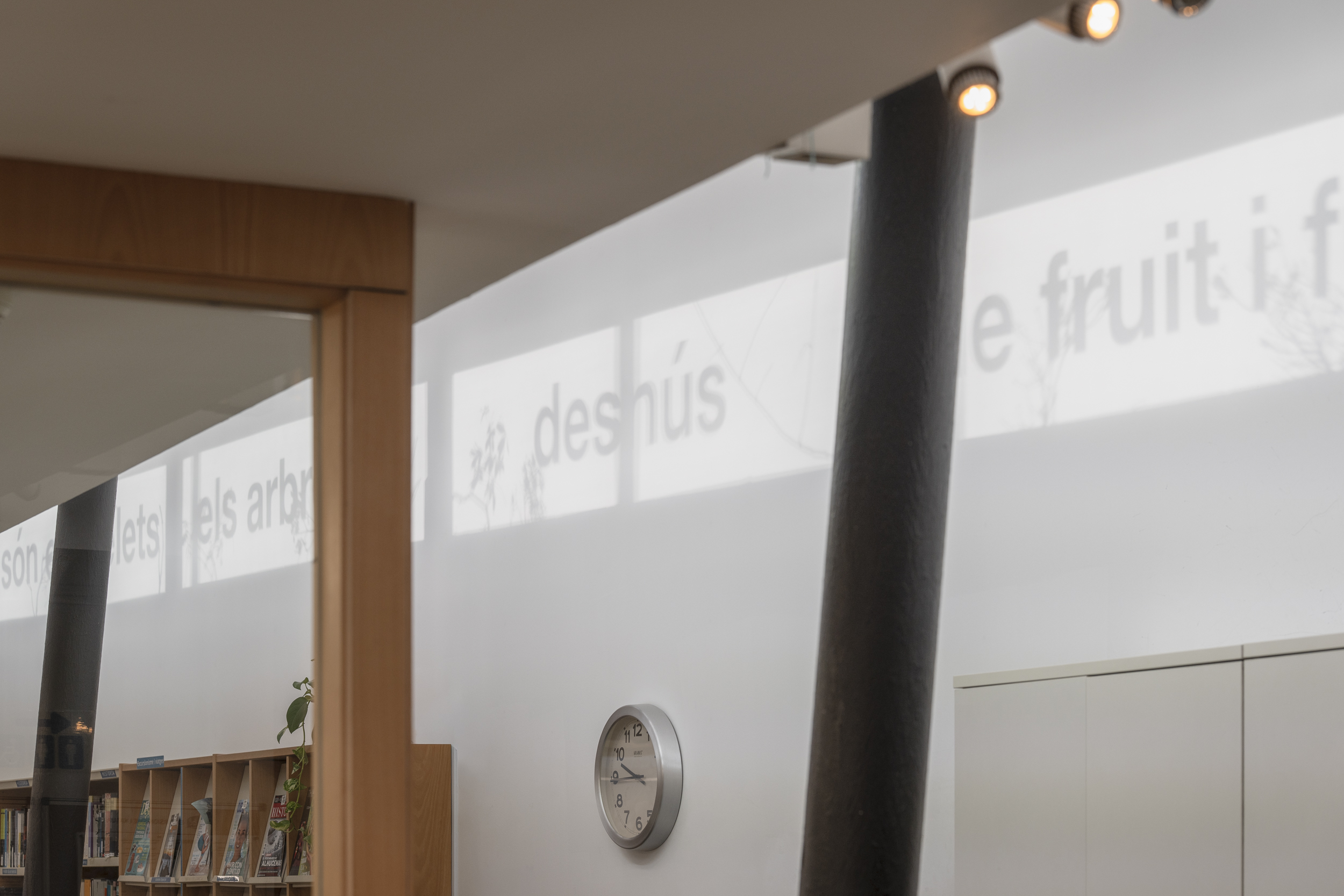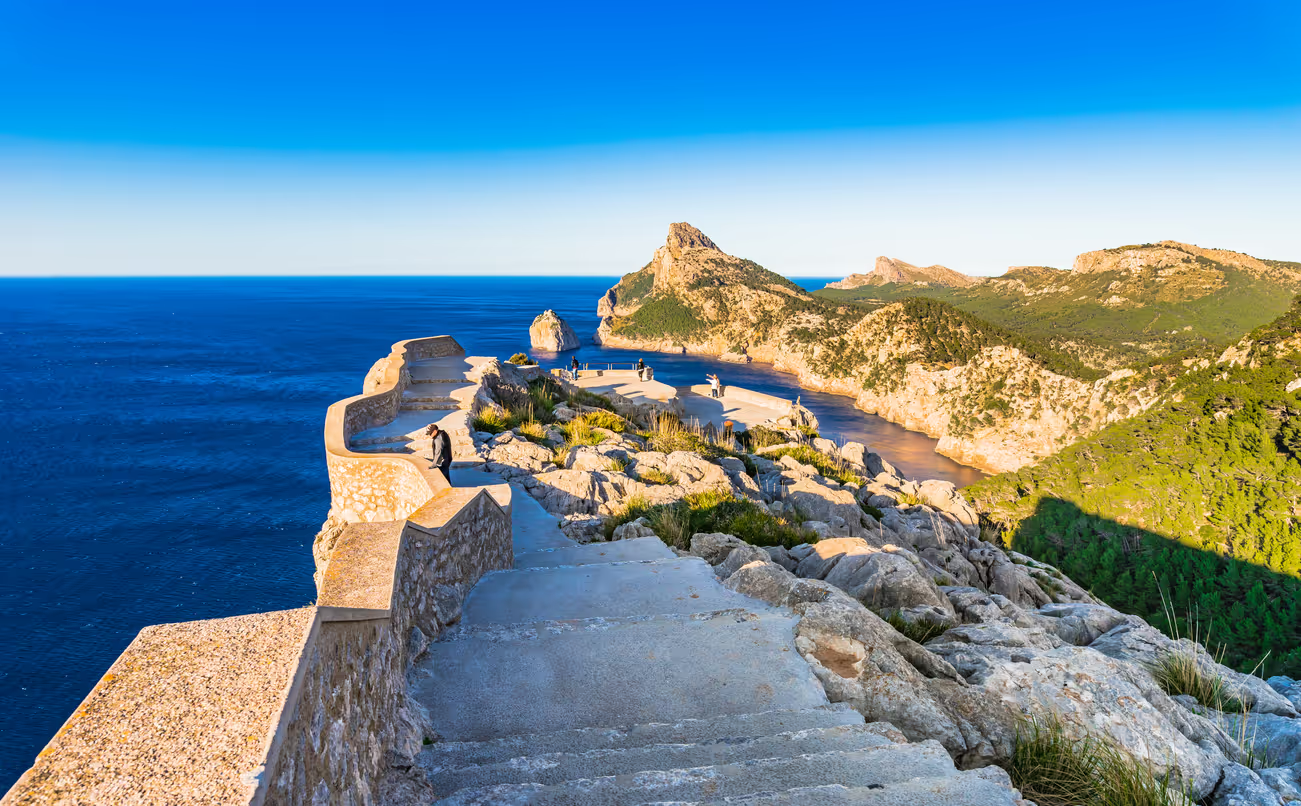
O
n the northern coast of Mallorca, in Port d'Alcúdia, Olga Capote Guijarro begins her days aboard her boat Es Batlets, casting nets and hauling in the day's catch with the sunrise reflecting on the waters of the Mediterranean. She is one of the island's five fisherwomen, a role she never imagined herself in, but one that has now shaped her identity, career and future. Through her eyes, we explore the balance of preserving local customs while addressing the pressing environmental issues of our time.
Olga’s journey into the fishing industry is as unique as her place in it. "I never really had an interest in fishing," she admits with a smile. "My family has always worked on land. My father used to fish for fun, but nothing more than that." Back then, Olga was working long hours at a jewellery store while struggling to balance her job and raising her daughters, feeling exhausted and seeking more flexibility. It wasn’t until her partner Carlos Batle, whose family have been fishermen for generations, suggested she study to become the captain of the family’s fishing boat, that the idea first crossed her mind. "I first thought he was crazy! I didn’t know anything about fishing," Olga laughs. But the idea stuck. Soon after, she enrolled in the courses necessary to become a local fishing captain. Despite facing some challenges and learning new skills like welding and extinguishing fires, Olga completed her training by 2011 and embarked on a career few women have dared to pursue in Mallorca.















